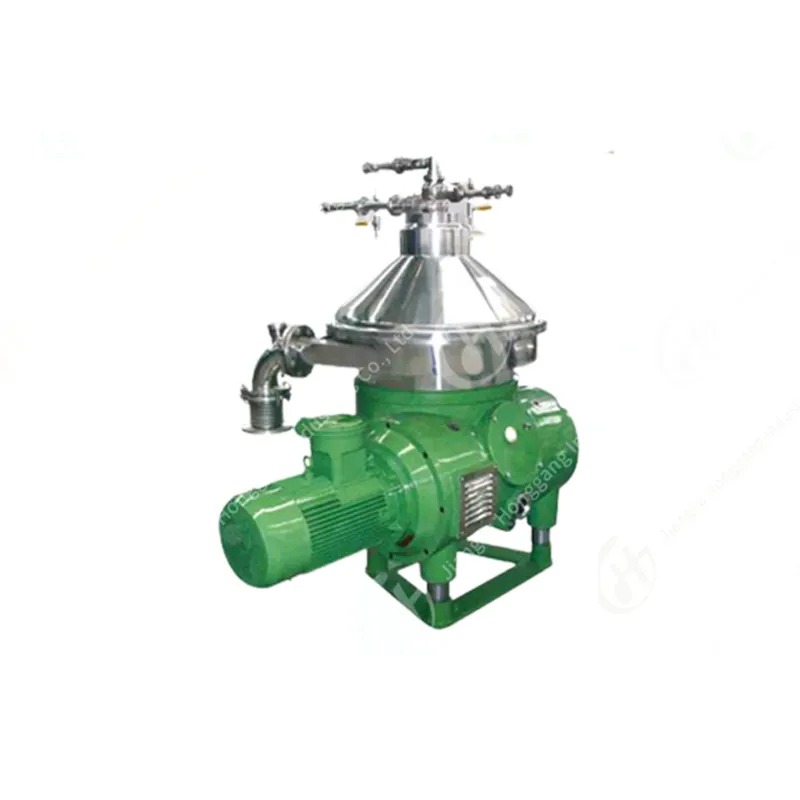Transform Plant Waste into Nutrition with Our Biological Fermentation Equipment
2025-11-07
Transform Plant Waste into Nutrition with Our Biological Fermentation Equipment
Introduction to Biological Fermentation Equipment
In today's agricultural and livestock industries, the demand for sustainable feed solutions is growing rapidly. Farmers and producers seek advanced machines that can efficiently transform low-cost agricultural by-products into valuable protein-rich feed. Biological Fermentation Equipment has emerged as one of the most reliable technologies to meet this demand. It not only optimizes the use of plant-based raw materials but also ensures nutritional enrichment that directly benefits animal health.
Our Biological Fermentation Equipment is designed to process polysaccharides, proteins, and fats into easily digestible small molecules such as organic acids and soluble polypeptides. These processes enhance the digestibility and absorption rate of animal feed, turning inexpensive plant resources into high-quality feed materials.
Feed Protein Production from Plant Waste
One of the most significant benefits of our Biological Fermentation Equipment is its role in feed protein production from plant waste. Plant residues, such as crop stalks, husks, or light industrial by-products, often go unused or are discarded. However, when processed by our advanced fermentation system, these by-products are converted into nutrient-rich feed.
Through microbial action, the Biological Fermentation Equipment breaks down complex plant molecules into proteins and other essential nutrients. The result is feed that is both energy-dense and easily absorbed by animals. Feed protein production from plant waste is not only a technological advancement but also an environmental solution, as it reduces agricultural waste while creating sustainable livestock nutrition.
This approach also helps reduce reliance on traditional feed sources, such as fishmeal or expensive soy proteins, which are becoming costly and environmentally challenging. By focusing on feed protein production from plant waste, our Biological Fermentation Equipment ensures that livestock farmers can cut costs while maintaining high feed quality.
Cost-Effective Biological Feed Equipment
A key advantage of our Biological Fermentation Equipment is that it is truly cost-effective biological feed equipment. Many feed production methods require significant investment in raw materials, processing time, and energy consumption. Our equipment, however, is engineered to minimize operational costs while maximizing output.
The design of the cost-effective biological feed equipment includes stainless steel contact parts, long-lasting durability, and easy-to-maintain systems. This ensures a long lifespan with minimal breakdowns, reducing repair costs and downtime. The integration of sterilizers and advanced conditioning units ensures hygiene and reliability, further improving efficiency.
For producers, this means that large volumes of high-quality feed can be generated without inflating the budget. Whether used in small-scale farms or industrial-scale production, this cost-effective biological feed equipment provides consistent returns on investment.
Microbial Fermentation Equipment for Livestock
Another vital feature of our technology is that it functions as microbial fermentation equipment for livestock. Microorganisms play a central role in breaking down feed material during fermentation. These beneficial microbes not only improve the nutritional profile of the feed but also increase the population of active probiotics, which are highly beneficial for animal health.
Using microbial fermentation equipment for livestock means that the final feed product contains high counts of viable bacteria. These bacteria enhance the digestive system of animals, boost immune function, and improve nutrient absorption. Livestock fed with such fermented feed often show better growth rates, improved weight gain, and stronger resistance to disease.
Additionally, microbial fermentation equipment for livestock helps promote gut health naturally, reducing the need for excessive antibiotics in animal husbandry. This aligns perfectly with modern agricultural goals of producing healthier, safer, and more natural animal products for the global market.
Why Choose SOHO HONRY’s Biological Fermentation Equipment?
When selecting Biological Fermentation Equipment, it is essential to choose a trusted manufacturer. SOHO HONRY stands out because of its engineering expertise, advanced designs, and commitment to quality.
l Advanced Design: Our Biological Fermentation Equipment integrates features like sterilizers and glass-lined reactors, ensuring safe and efficient fermentation processes.
l Durability: Built with stainless steel and high-quality components, our systems withstand long-term usage with minimal maintenance.
l Versatility: From feed protein production from plant waste to advanced microbial applications, our machines are suitable for various agricultural needs.
l Economic Value: As a cost-effective biological feed equipment provider, we guarantee that our systems help producers achieve maximum return on investment.
Choosing SOHO HONRY means you are not only investing in microbial fermentation equipment for livestock, but also ensuring long-term sustainability, efficiency, and reliable production outcomes.
Conclusion
The future of sustainable farming lies in innovative technologies that optimize resources and maximize productivity. Our Biological Fermentation Equipment is at the forefront of this transformation, converting agricultural by-products into protein-rich feed through advanced microbial processes.
By focusing on feed protein production from plant waste, adopting cost-effective biological feed equipment, and using microbial fermentation equipment for livestock, producers can ensure a steady supply of high-quality feed, reduced costs, and healthier livestock.
For those seeking advanced solutions in feed production, SOHO HONRY offers the expertise and technology to drive success in modern agriculture.




